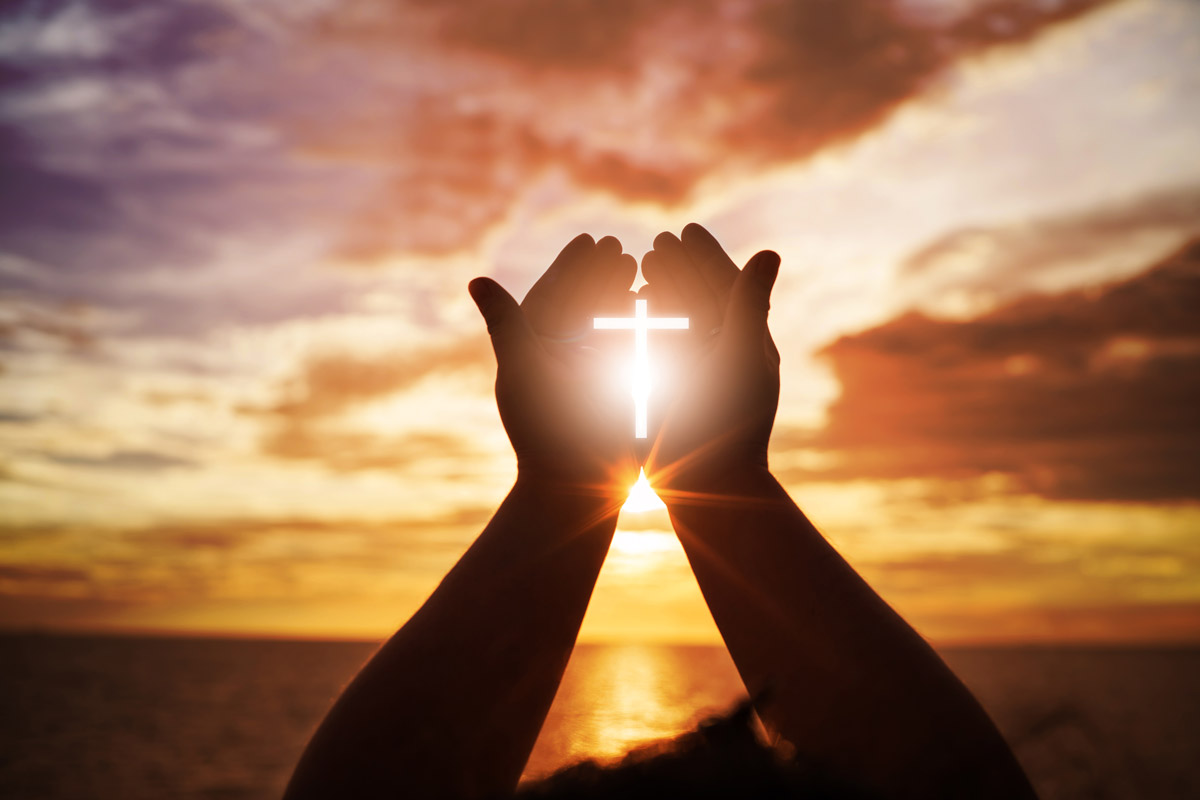By: Valerie Pilkington
Musings from a Musician
I just keep doing my best, pray that it’s blessed, and Jesus takes care of the rest
“I have told you these things, so that in me you may have peace. In this world you will have trouble. But take heart! I have overcome the world.” John 16:33 NIV
The Lord is close to the brokenhearted and saves those who are crushed in spirit. Psalm 34:18 NIV
CHANGES
Somewhere between the age of 21 and 30, I began to change, and change noticeably. One day I would have such a good attitude, get SO Much accomplished, and talk like I could not get the words out fast enough. I would change subjects too fast because I had SO much to say to anyone who would listen. The next day, I would be the complete opposite, having a little trouble with concentration and accomplishing tasks. It was a real effort to communicate, and I really had to bear down to get my thoughts out. My mother would tell me I was having spells like my grandmother Pennypacker, but all I wanted was to get back to “normal”. Whatever that was.
I got a specific diagnosis when I was in my 50’s and wanted to talk to someone about being depressed.
Bipolar disorder, formerly called manic depression, is a mental health condition that causes extreme mood swings that include emotional highs (mania or hypo-mania) and lows (depression).
BEING BIPOLAR
Being bipolar for me is like being on a roller coaster and bumper cars at the same time. There are constant emotional ups and downs, with bumps along the way. Sometimes, the bumps are minor and not a big deal, but then a Major BUMP happens, and coping is twice as hard as just the emotional ups and downs. But with bipolar disorder, I cannot get off the roller coaster / bumping car, and the cycle keeps repeating itself.
The exact cause of bipolar disorder isn’t known, but a combination of genetics, environment, and altered brain structure, diet and chemistry may play a role. Manic episodes may include symptoms such as high energy, fast talking, changing subjects frequently, loss of concentration for a project and moving on to another project, reduced need for sleep, and sometimes a loss of touch with reality. This highly energized level of physical and mental activity and behavior is a change from your usual self and is noticeable by others. The hypo-manic episodes are less intense than the manic, and still noticeable by others. The average age of onset of bipolar disorder is around 20 to 40 years of age.
Depressive episodes may include symptoms such as low energy, low motivation, and loss of interest in daily activities. Mood episodes last days to months at a time and may also be associated with suicidal thoughts. Treatment is usually lifelong and often involves a combination of medications and psychotherapy.
- Bipolar 1 disorder: People with bipolar I disorder have experienced one or more episodes of mania. Most people with bipolar 1 will have episodes of both mania and depression, but an episode of depression isn’t necessary for a diagnosis. The depressive episodes usually last at least two weeks. To be diagnosed with bipolar 1, your manic episodes must last at least seven days or be so severe that you need hospitalization. People with bipolar 1 can also experience mixed states (episodes of both manic and depressive symptoms).
- Bipolar 2 disorder: People with bipolar 2 experience depressive episodes and hypo-manic episodes. But they never experience a full manic episode that’s characteristic of bipolar 1 disorder. While hypo-mania is less impairing than mania, bipolar 2 disorder is often more debilitating than bipolar 1 disorder due to chronic depression being more common in bipolar 2.
COPING WITH BIPOLAR
Most of my coping mechanisms include music. I sing to help bring me out of depression. I have also learned it is okay to be sad, and when I realize I am sad, I figure out what caused the sadness, look at my watch and decide I am only going to be sad for a set amount of time. Then I pull myself up by the bootstraps, by putting on praise and worship music, I sing to myself and God. I will watch some Joseph Prince videos, (one of my favorite Bible teachers) and it is done. And God is SO GOOD; this works. In case you have not figured it out, I fall under bipolar 2 disorder. I know, that I know, that I know God will HEAL ME, whether, here or when I get to my heavenly home, until then I stick to my meds, and therapy sessions.
When I started my psychotherapy, I would think about this song by Keith Green, HE’LL TAKE CARE OF THE REST (1977) and one line from the song became my tag line on all my emails, and I put it as a tag line here in the blogs.
You know, it ain’t no use banging your head Up against that cold stone wall ‘Cause nobody’s perfect except for the Lord And even the best’s bound to fall Remember He is the vine and you are the branch
He loves to get you through it if you give Him a chance Just keep doing your best and pray that it’s blessed Jesus takes care of the rest
Chorus:
Yes, the Lord said He’ll take care of the rest He’s gonna do it He’ll take care of the rest He’ll see you through it, yeah Well, He’ll take care of the rest The devil blew it Well, He’ll take care of, He’ll take care of the rest.
Here is a link if you would like to hear the song sung by Keith Green. Be blessed … until next time.








